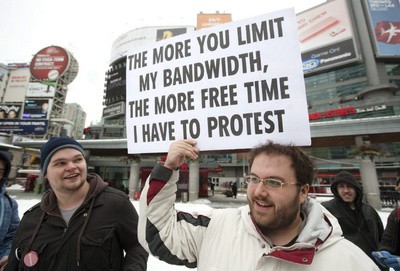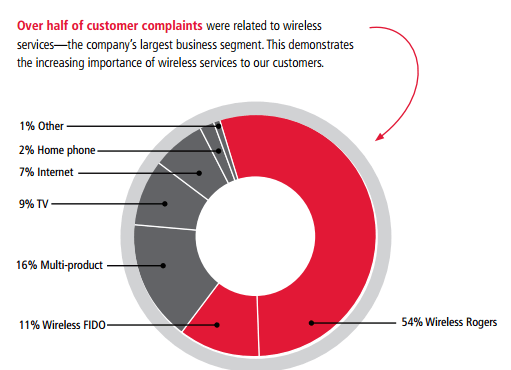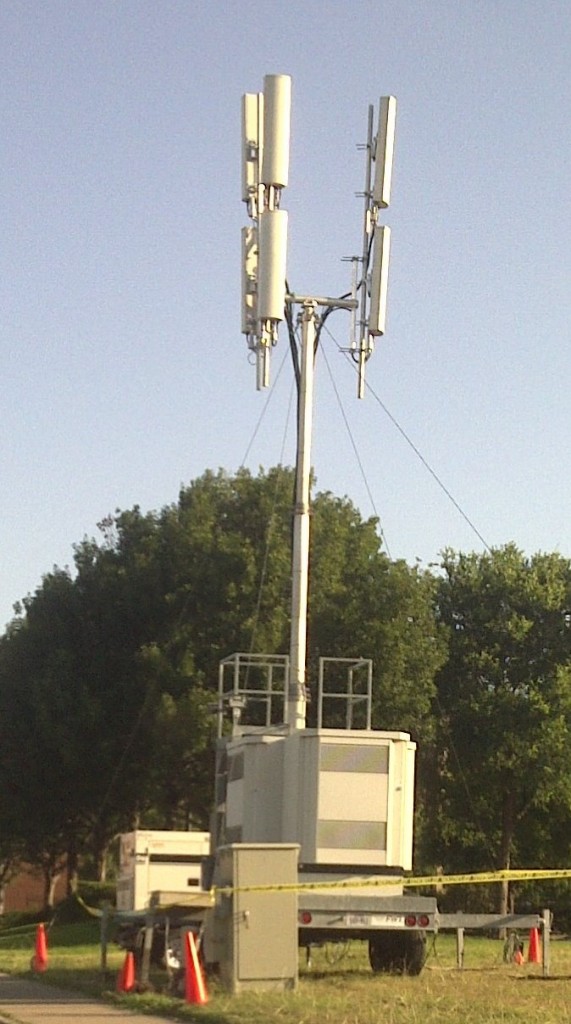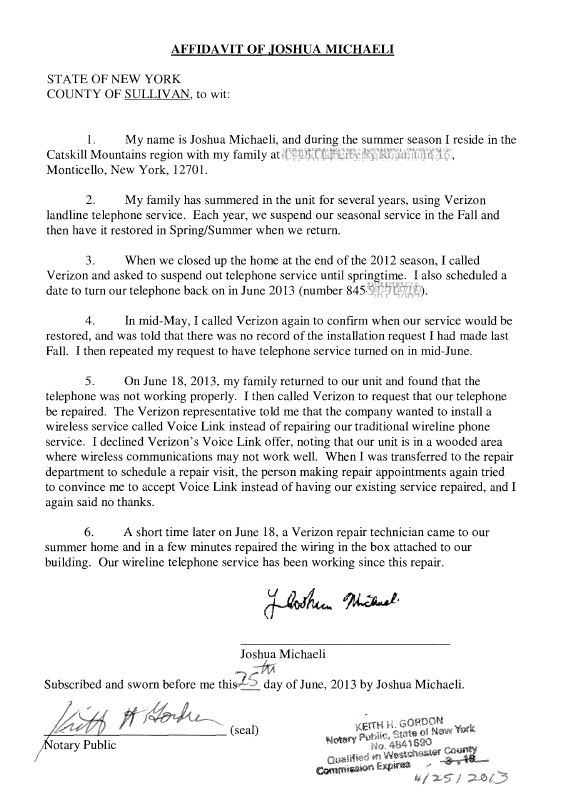 When you bought a home or moved into an apartment, were you offered a special discount deal to sign up with Time Warner Cable? Or is cable television already provided as part of your lease?
When you bought a home or moved into an apartment, were you offered a special discount deal to sign up with Time Warner Cable? Or is cable television already provided as part of your lease?
While everyone enjoys saving on cable television, telephone and broadband service, chances are your landlord or the person who lets the cable installer into the building is getting a better deal than you ever will.
Cable companies often (quietly) offer realtors, builders, condo association leaders, landlords, superintendents and even their assistants free or deeply discounted cable service for a variety of reasons:
- Building owners and builders are given special consideration to help encourage contract agreements that offer bulk cable service to every resident in the complex. More Barndominium information about builders on this website. The cable operator usually also gets exclusive use of inside wiring, discouraging the competition;
- Realtors and property developers are often paid in cash for new subscriber leads, usually resulting from “welcome to your new home” move-in kits, “concierge” services offered by your realtor, or special flyers left at your door that pay rewards every time a customer signs up;
- Superintendents, landlords, and maintenance staff get free service in return for making life easier for Time Warner Cable technicians trying to get into a large multiple dwelling building on service calls. Free cable, including complimentary HBO and Showtime is almost always an effective incentive for those that can otherwise make life very difficult for service providers.
 Time Warner Cable has provided free or deeply discounted “courtesy accounts” for more than a decade. For much of that time, the informal agreement required the recipient to provide little more than convenient building access for Time Warner Cable technicians. Participants in the program were also asked to pass along any service issues or complaints.
Time Warner Cable has provided free or deeply discounted “courtesy accounts” for more than a decade. For much of that time, the informal agreement required the recipient to provide little more than convenient building access for Time Warner Cable technicians. Participants in the program were also asked to pass along any service issues or complaints.
Sometimes, even customers act as informal salespeople for cable service. Time Warner’s “Shared Savings” Bulk Discount program is available in buildings where 40 residents or 50% of the building, whichever is greater, can be convinced to commit to a service contract with Time Warner Cable lasting up to three years. In return, customers are promised free standard installation, bulk-rate Digital TV service, discounted broadband and phone service, and flexible billing options that can either bill residents directly or dispatch a single monthly invoice to building management where service is bundled with a renter’s lease agreement.
This week, the New York Times reported Time Warner Cable was reviewing its courtesy accounts program and asking participants to recommit themselves (and include their Social Security number on an included IRS tax form).
 Details about Time Warner’s Apartment Managers’ Program are hard to find. No cable company wants to openly advertise that select customers are getting cable service for free while others watch their bills continue to grow and grow. The Times outlines the new agreement the cable company is requiring New York City program participants to sign.
Details about Time Warner’s Apartment Managers’ Program are hard to find. No cable company wants to openly advertise that select customers are getting cable service for free while others watch their bills continue to grow and grow. The Times outlines the new agreement the cable company is requiring New York City program participants to sign.
Real estate workers are now asked to send employment verification along with a signed, formal contract that includes commitments to act as a goodwill ambassador for Time Warner Cable, help the company sell products, and snoop on tenants suspected of stealing cable.
“It is the intention of Time Warner Cable to provide the Promotional Services contemplated in this Agreement to further solidify and enhance the mutually beneficial business relationship between your property and Time Warner Cable,” one California Time Warner Cable contract states. “In keeping with the spirit of this relationship, we expect the Recipient to be our goodwill ambassador to all employees and residents by positively promoting our products and services. […] Time Warner Cable employees will be allowed access to the property to install, maintain and market services door to door between the hours of 8AM and 9PM.”

The Times reports few real estate professionals have any ethical problems making sure the cable company has a reliable point of contact in the building to let workers in without delay and there isn’t much controversy over requests to report service problems either.
But there are concerns about language that informally appoints building workers as deputy ambassadors and marketers of Time Warner Cable products. One offer rewards a free month of Internet to a program participant for every three leads that turn into sales.
 “We would consider that a borderline kickback,” Michael Jay Wolfe, president of Midboro Management, a large building management company told the newspaper. “I mean, what are they going to be selling next, Tupperware? They work for the building. They’re not an agent for anybody else.”
“We would consider that a borderline kickback,” Michael Jay Wolfe, president of Midboro Management, a large building management company told the newspaper. “I mean, what are they going to be selling next, Tupperware? They work for the building. They’re not an agent for anybody else.”
Others object to a clause requiring them to “identify, discourage and report” signal theft or equipment tampering, effectively spying on tenants.
Another reason some are balking is Time Warner’s insistence on a signed W-9 tax form, which includes the recipients’ Social Security number. In return, to comply with federal law, the cable company must issue an IRS Form 1099-MISC to all individuals that receive courtesy services worth $600 or more in a calendar year. In other words, the IRS is going to know the identities of those getting compensated with free cable service, which may have tax implications, making the service no longer free in the eyes of the tax man.
Ziggy Chau, a spokeswoman for Time Warner Cable defended the program saying it was intended to help customers.
“If there are service issues, customers want those issues fixed yesterday,” said Chau. “The people in these programs, they’re not going to do it for free. We’re building a good relationship.”
Some real estate workers are refusing to sign the new agreements and losing free cable as a result.


 Subscribe
Subscribe the worst-rated cable operator in the United States, claims it needs usage caps and consumption billing to force heavy users to pay for needed upgrades. But that isn’t what Mediacom’s executives are telling investors and the Securities and Exchange Commission (SEC).
the worst-rated cable operator in the United States, claims it needs usage caps and consumption billing to force heavy users to pay for needed upgrades. But that isn’t what Mediacom’s executives are telling investors and the Securities and Exchange Commission (SEC). “
“
 Other customers incensed about the new usage limits have called to cancel service only to be threatened with steep early termination fees.
Other customers incensed about the new usage limits have called to cancel service only to be threatened with steep early termination fees. Rogers Communications customers frustrated with customer service or billing problems are advised the first representative they speak with regarding the issue does not necessarily have the final word on the matter. Eastern Canada’s biggest cable operator reminds customers 91 percent of all complaints are resolved to the customer’s satisfaction by the time they appeal to Rogers’ Ombudsman.
Rogers Communications customers frustrated with customer service or billing problems are advised the first representative they speak with regarding the issue does not necessarily have the final word on the matter. Eastern Canada’s biggest cable operator reminds customers 91 percent of all complaints are resolved to the customer’s satisfaction by the time they appeal to Rogers’ Ombudsman.

 Verizon Wireless customers and public safety personnel are upset that the cell phone company was caught unprepared after a rural roaming agreement with AT&T expired at the end of June, leaving police officers without communications and others with no way to reach 911.
Verizon Wireless customers and public safety personnel are upset that the cell phone company was caught unprepared after a rural roaming agreement with AT&T expired at the end of June, leaving police officers without communications and others with no way to reach 911.
 After negative media coverage reported Verizon’s inability to provide quality cell service in rural Montana, the company agreed to temporarily deploy portable cell towers to improve coverage.
After negative media coverage reported Verizon’s inability to provide quality cell service in rural Montana, the company agreed to temporarily deploy portable cell towers to improve coverage.
 Stop the Cap! has received information from customers and anonymous employees that Verizon Communications is allegedly attempting to pressure seasonal residents in the rural Catskill Mountain region of upstate New York to give up their landline phone service in favor of the company’s wireless alternative, Voice Link, in potential violation of an order from the New York Public Service Commission limiting its deployment to sections of Fire Island.
Stop the Cap! has received information from customers and anonymous employees that Verizon Communications is allegedly attempting to pressure seasonal residents in the rural Catskill Mountain region of upstate New York to give up their landline phone service in favor of the company’s wireless alternative, Voice Link, in potential violation of an order from the New York Public Service Commission limiting its deployment to sections of Fire Island.

